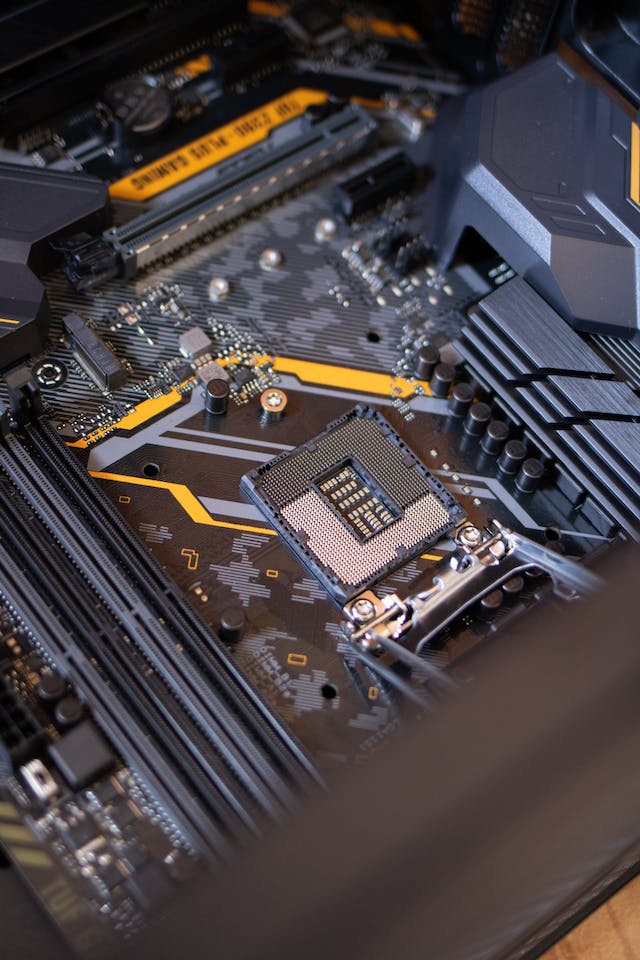
In recent decades, Asia has rapidly emerged as a global technological powerhouse, challenging traditional leaders such as the United States and Europe.
Countries such as China, Japan and South Korea have made enormous progress in key sectors such as artificial intelligence, telecommunications and semiconductor manufacturing, and in response to this growing challenge, the European Community has committed to developing countermeasures strategic to preserve its technological autonomy and remain competitive in the global context.
The European Community’s first line of defence is represented by massive investments in research and development (R&D). With the Horizon Europe programme, the EU has allocated significant funds to support innovation and the discovery of advanced technologies with the aim of bridging the technological gap with Asia and promoting the creation of innovative solutions in strategic sectors such as artificial intelligence, cybersecurity and semiconductor production, which are increasingly essential in global technological evolution. The European Community recognizes the importance of international collaboration in the technology sector and building partnerships with countries that share the same values and objectives is essential to address global challenges. However, the EU is actively working with countries such as the United States, Japan and South Korea to develop synergies and promote the sharing of knowledge and resources in the field of technology.
Another crucial aspect to counteract Asian technological power is the harmonization of standards and regulations. The European Community is working, in fact, to establish common standards in the field of cybersecurity, ethical artificial intelligence and emerging technologies. This effort not only facilitates international cooperation, but also contributes to protecting European citizens from potential threats and abuses linked to the improper use of technologies, which has never received so much attention as in recent years, especially given the particularly delicate global geopolitical situation. The creation of an environment conducive to start-ups and innovation is, for example, essential to stimulate economic and technological growth and the European Community, in fact, is implementing policies and programs to simplify access to financing for emerging businesses and foster collaboration between the public and private sectors. Furthermore, innovation incubators and technological hubs are promoted to accelerate the development and diffusion of new technologies with the involvement of most continental nations ready for the new challenge, including industrial ones.
Technological competition requires a highly qualified and adaptable workforce and, for this reason, the European Community is investing in training and education, promoting educational programs that encourage the development of digital and technological skills starting from the new generations, already predisposed to a hyper technological vision at work. This approach not only ensures a competitive workforce, but also helps reduce dependency on technological expertise from outside the EU. The challenge of Asian technological power, represented above all by Chinese, Japanese and Indian companies, requires a strategic and coordinated response from the European Community. Through targeted investments in research and development, international collaborations, standardisation, start-up support and a highly skilled workforce, the EU is charting a path to secure its technological autonomy and remain competitive in a world increasingly dominated by Asian innovations . The challenge is great, but with a holistic strategy and collective commitment, Europe can successfully face global technological change by aiming for a possible and most useful leadership for the future. Europe’s potential in the technological sector is well known and each Member State will have to contribute to achieving ever greater levels. The know-how of the old continent, which has always been strongly aimed at an above all artisanal characterization, will have to evolve and be attractive. The technological world is constantly evolving and Europe cannot be found unsuitable to welcome it.



 Subscribe
Subscribe